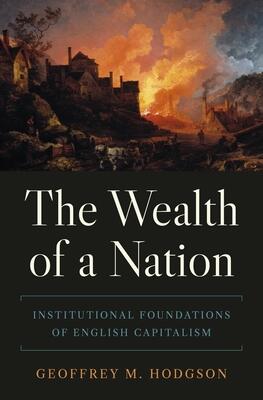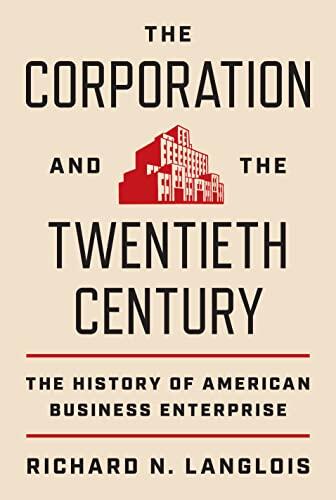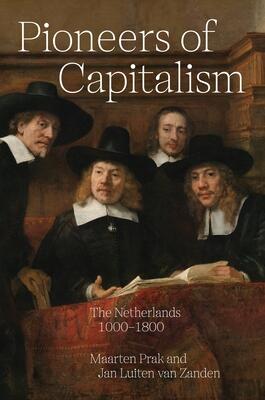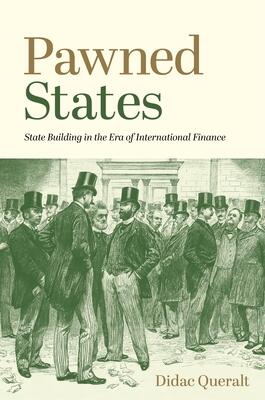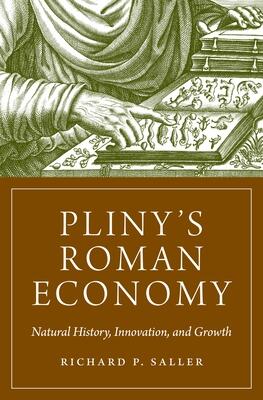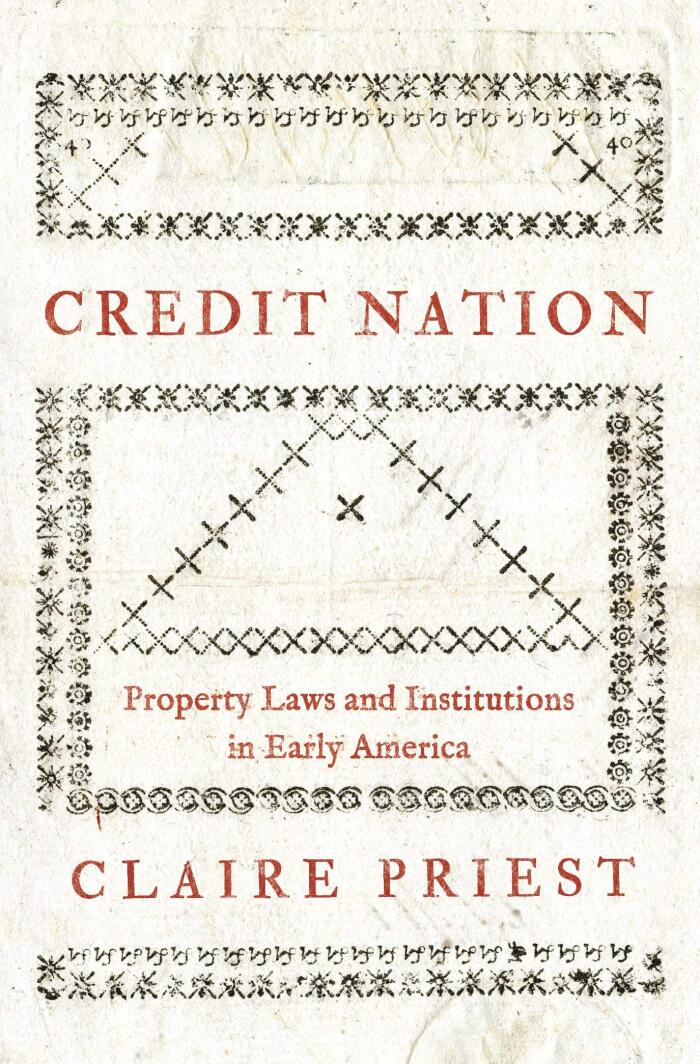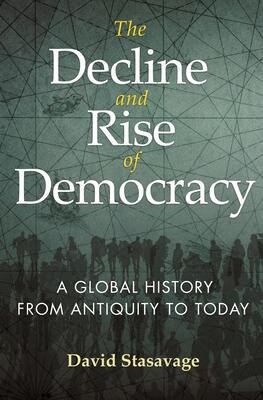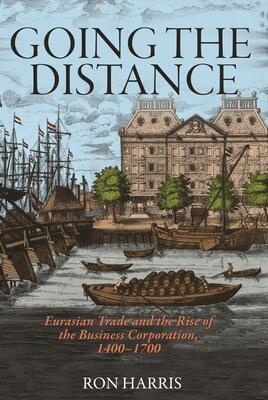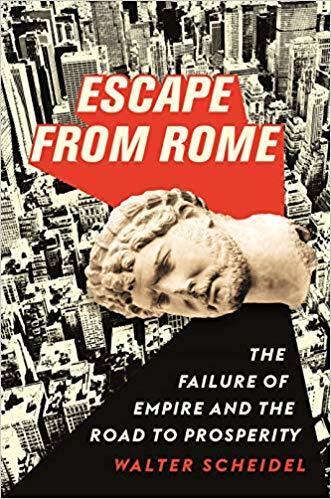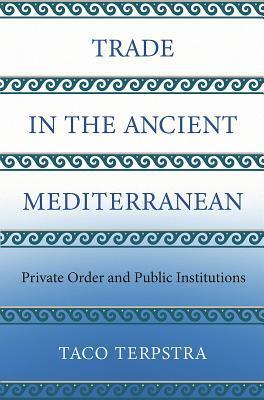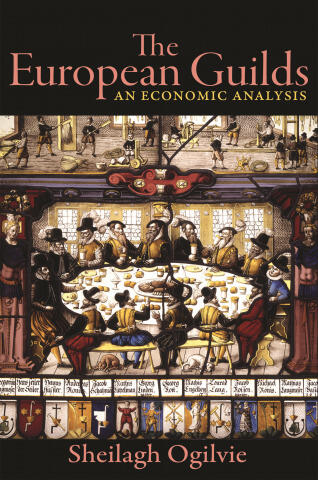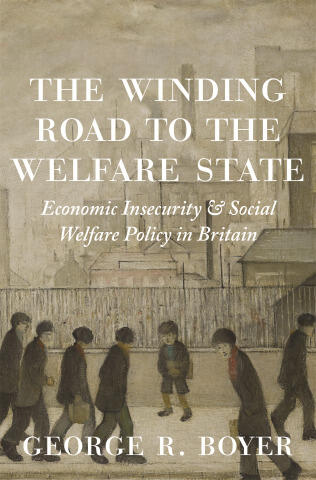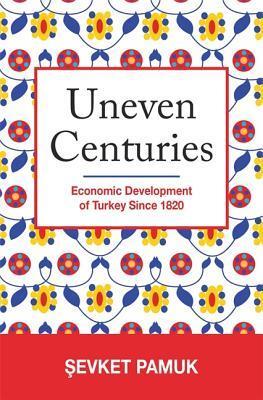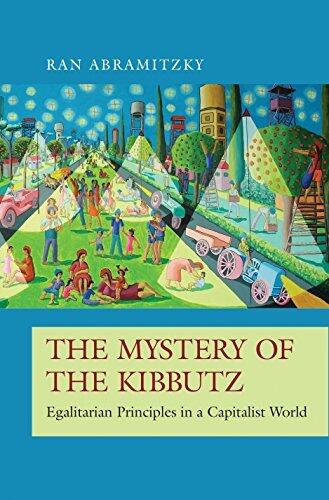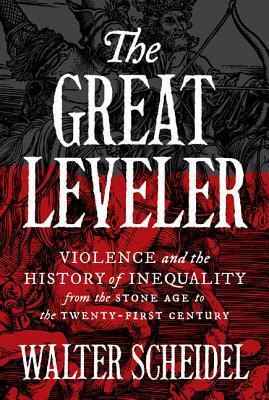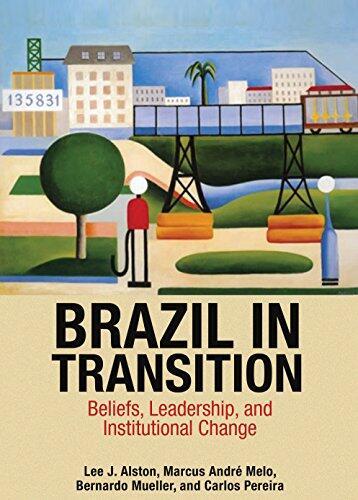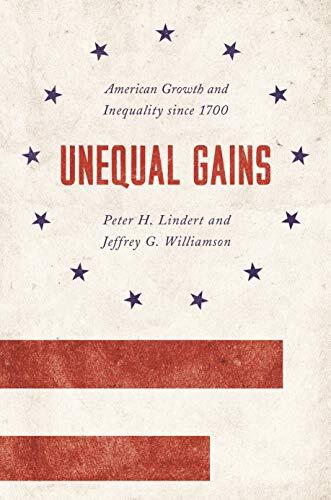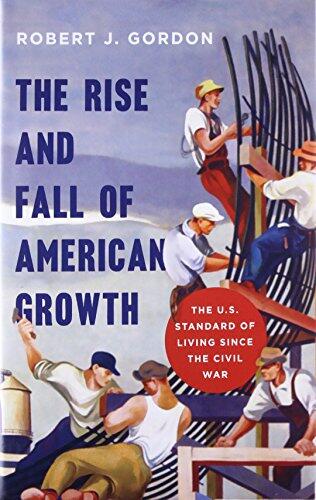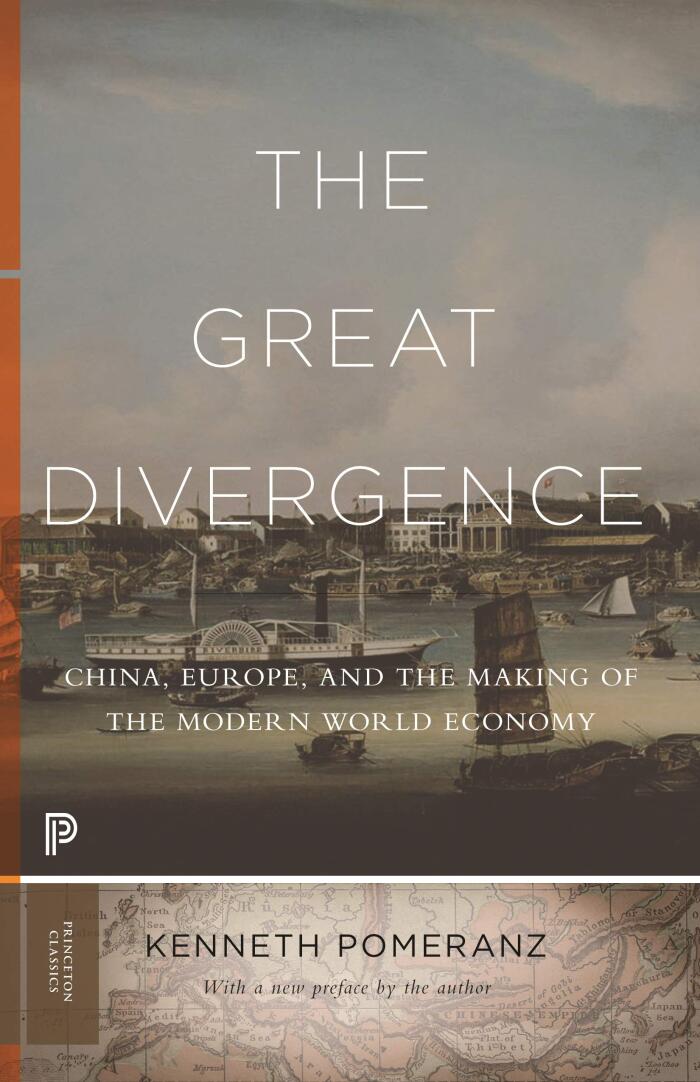
The Great Divergence: China, Europe, and the Making of the Modern World Economy
작성자
Kenneth Pomeranz
아직 평점이 없습니다
Science & Technology
History
Manga
형식
킨들
페이지
392
언어
영어
출판됨
Apr 13, 2021
출판사
Princeton University Press
설명
Kenneth Pomeranz offers a thought-provoking examination of the historical factors that shaped the global economy, particularly focusing on the divergence between China and Europe. With sharp analysis, he challenges traditional Eurocentric narratives and highlights how economic developments in both regions were interwoven with environmental and cultural contexts.
Through meticulous research, Pomeranz uncovers the complexities behind China's earlier economic advancements and scrutinizes the reasons for Europe's subsequent industrial revolution. He emphasizes the impact of available resources, geographical advantages, and social structures on the contrasting paths taken by these two great civilizations. The analysis encourages readers to reconsider common historical assumptions and recognize the multifaceted nature of progress.
Pomeranz’s work is not just an academic endeavor; it resonates with contemporary discussions about globalization and economic inequalities. His insights push readers to explore the origins of modern economies and the implications of historical misconceptions on current global dynamics.
Ultimately, the narrative compels one to appreciate the interconnectedness of history, economics, and culture, inviting a reevaluation of how societies evolve and thrive in a complex world.
Through meticulous research, Pomeranz uncovers the complexities behind China's earlier economic advancements and scrutinizes the reasons for Europe's subsequent industrial revolution. He emphasizes the impact of available resources, geographical advantages, and social structures on the contrasting paths taken by these two great civilizations. The analysis encourages readers to reconsider common historical assumptions and recognize the multifaceted nature of progress.
Pomeranz’s work is not just an academic endeavor; it resonates with contemporary discussions about globalization and economic inequalities. His insights push readers to explore the origins of modern economies and the implications of historical misconceptions on current global dynamics.
Ultimately, the narrative compels one to appreciate the interconnectedness of history, economics, and culture, inviting a reevaluation of how societies evolve and thrive in a complex world.
